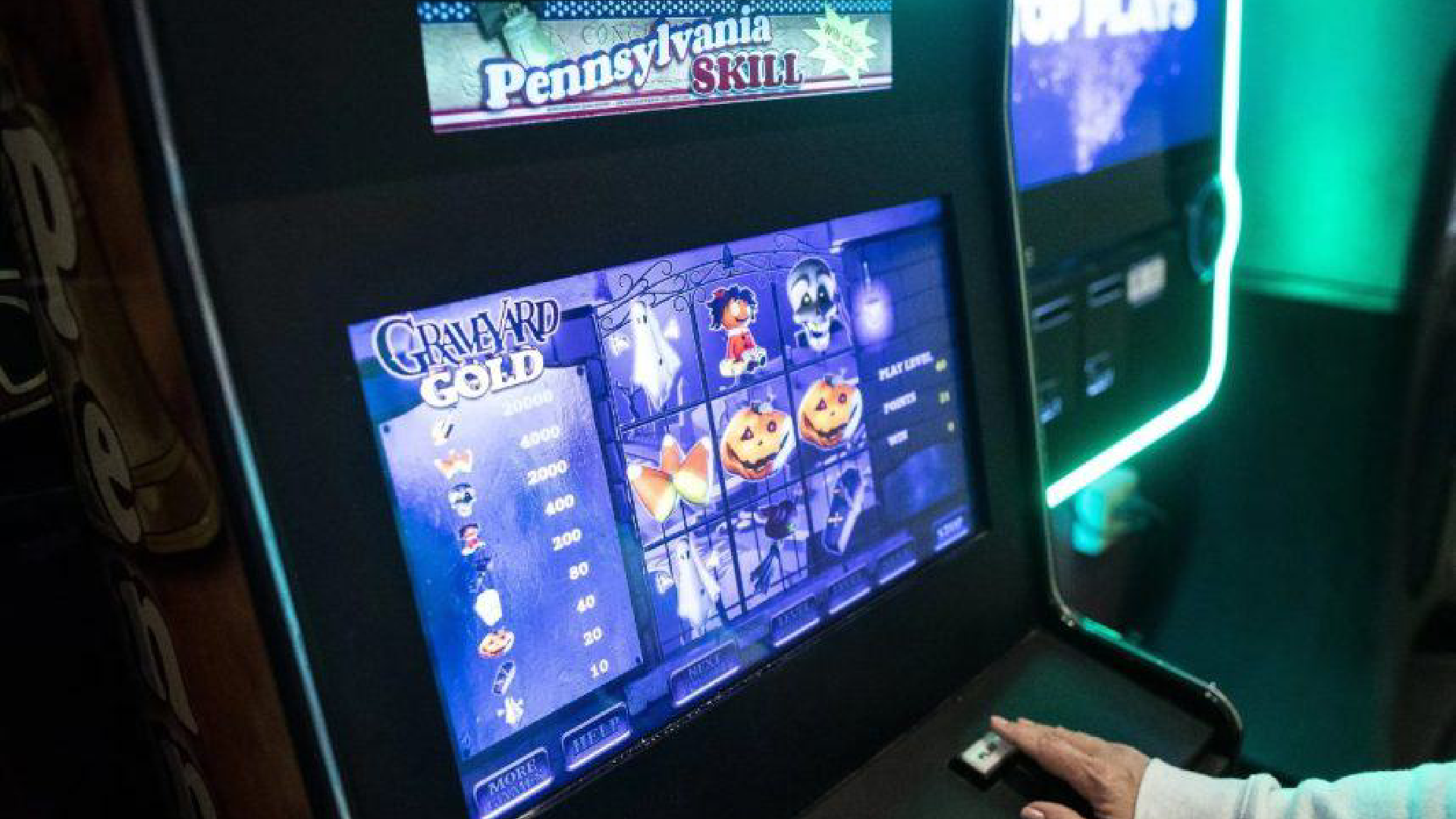Brazil's emerging online gambling market seems to have accomplished what a century of public prosecutors could not – dismantle the nation's Mafia-operated lottery operations.
Brazilians are progressively dismissing the once-favored, yet unlawful "jogo do bicho," or "animal game," in favor of the ease and larger prize possibilities offered by mobile slots and digital sports wagering.
Since the legalization of sports betting in 2018, online gambling has surged in popularity in Brazil. Starting January 1 of this year, the government initiated the licensing and regulation of online casino gaming.
The recently regulated market could swiftly evolve into one of the largest globally, raising concerns in Brazil regarding adverse social effects.
However, one surprising social benefit seems to be the almost complete eradication of a significant revenue source for the Mafia.
Various Creature
O Jogo do Bicho está profundamente enraizado na cultura brasileira há muito tempo. Tickets continue to be available on nearly every street corner, while those who run the game, referred to as bicheiros, are heavily involved in bribery, money laundering, and homicide.
The game encourages players to wager on number combinations associated with any of the 25 various animals. Gamblers occasionally select their wagers according to an animal that recently visited them in a dream.
The game was developed in the late 1800s by “Baron” João Batista Viana Drummond, an Englishman granted the license to manage the Rio de Janeiro Zoo.
It started as a promotional gimmick to draw in tourists. Individuals who purchased tickets for the zoo were included in a raffle, featuring an actual animal "selected" from behind a curtain at the conclusion of each day.
However, the lottery rapidly gained more popularity than the zoo and led to the creation of similar games throughout the city. These games became extremely popular as bicheiros accepted wagers of any size during a period when many Brazilians were quite impoverished.
Grass Conflicts
Jogo do Bicho was first criminalized in 1895, but its popularity persisted. By the 1970s, gambling leaders were involved in violent turf battles while corrupting politicians, judges, and law enforcement to safeguard their interests.
Simultaneously, they were winning the love of the local community by funding Carnival parades and distributing gifts during Christmas, as reported by The New York Times.
Luiz Antônio Simas, a historian from Rio who authored a book on Jogo do Bicho, informed the Times that he thinks the days are numbered for this numbers game, which “hasn’t managed to refresh its base” amid tough competition from global online operators.
And those operators have prepared thoroughly. Their lobbies also provide online versions of Jogo do Bicho, along with a variety of other games that are becoming more captivating to Brazilians.

 United Kingdom
United Kingdom
 Germany
Germany
 Finland
Finland
 Norway
Norway
 Canada
Canada
 Ireland
Ireland














